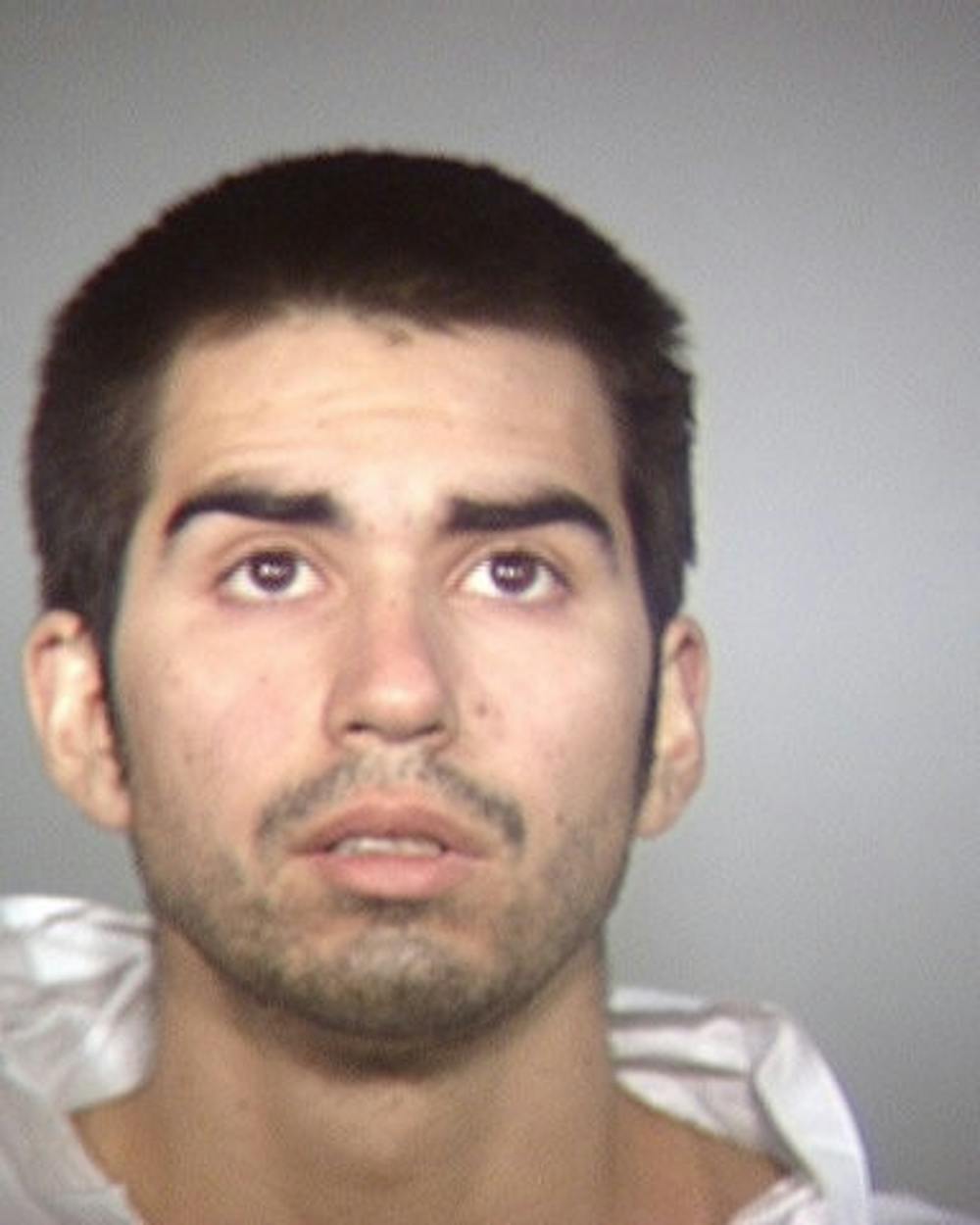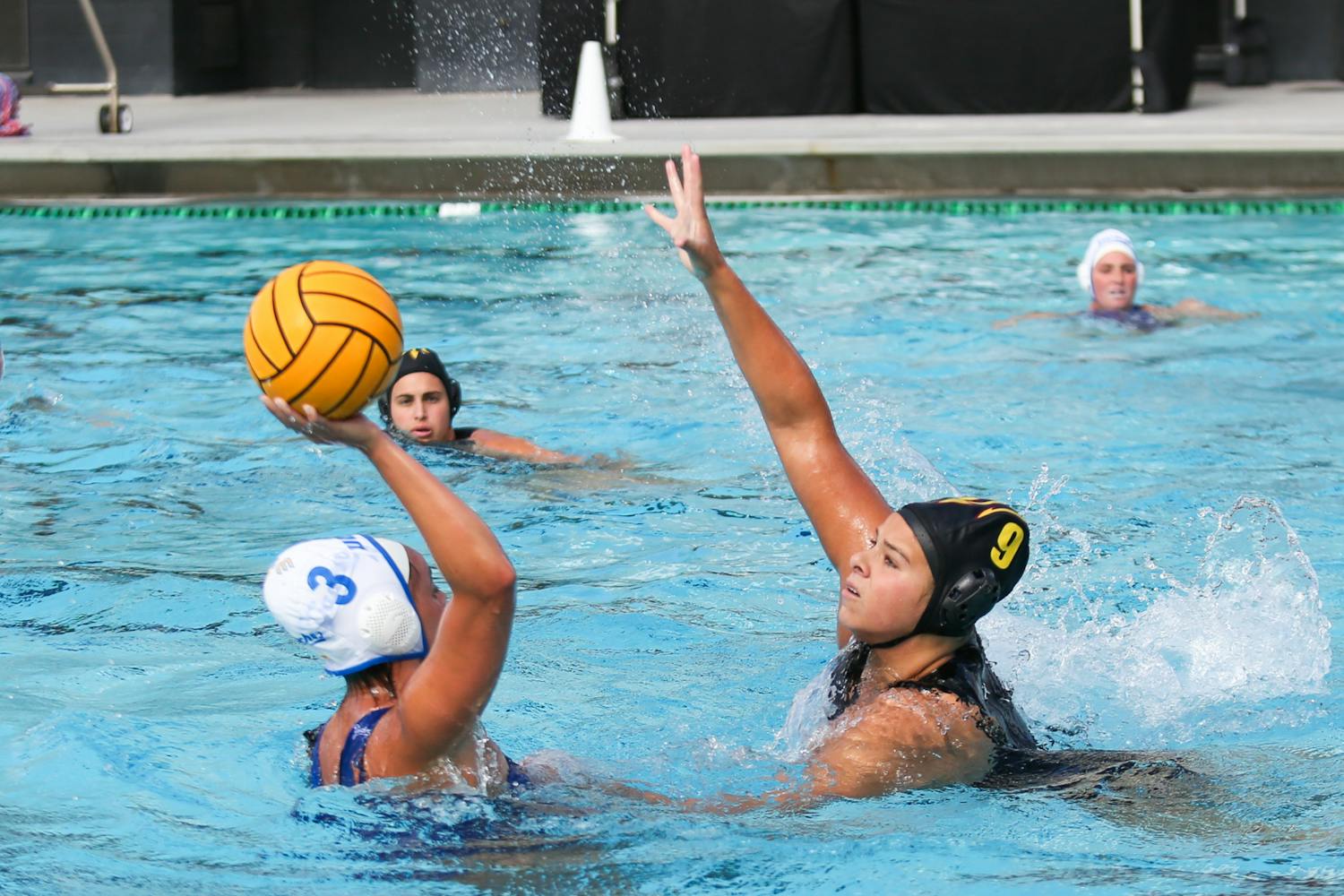 Luis Gerardo Soltero, 23, was sentenced to 30 years in prison on Friday after he was found guilty of killing an ASU student, 19-year-old Rebecca Kasper. (Photo courtesy of Tempe Police Department)
Luis Gerardo Soltero, 23, was sentenced to 30 years in prison on Friday after he was found guilty of killing an ASU student, 19-year-old Rebecca Kasper. (Photo courtesy of Tempe Police Department)A man was sentenced to 30 years in prison on Friday at Maricopa Superior Court after he was found guilty of killing an ASU student.
Luis Gerardo Soltero, 23, was sentenced to 25 years in prison for murder, five years in prison for kidnapping and lifetime probation for vulnerable adult abuse and must pay almost $20,000 in restitution.
Soltero beat to death Rebecca Kasper, 19, from Minnesota, with a dumbbell on April 20, 2013, in Tempe, Prosecutor Jay Rademacher said. Soltero and Kasper were romantically involved but had ended their relationship a few weeks earlier, and Kasper told her father that the breakup had been mutual.
“It was completely senseless,” Rademacher said. “It was a cruel murder.”
Friends and family came from Minnesota and Arizona to speak on behalf of the victim. While each expressed their grief in choked up voices and reminisced memories that showcased the kind of young woman Kasper was, a video montage of photos from Kasper’s life played on the courtroom screens.
Kasper’s parents, Dan and Cheryl Kasper, shared with Judge Joseph Kreamer the emotional, mental and physical pains they endure on a daily basis from their loss.
“I was not able to be there to save her, and this is a guilt I will live with for the rest of my life,” Cheryl said.
Even though she must live with this “pain rooted deep” in the “fiber” of her being, Cheryl said she forgives Soltero because that’s what her daughter would have wanted her to do.
“She forgives Soltero, because it frees her from the burden of anger,” Dan added.
Soltero also had friends and relatives speaking on his behalf who expressed their grief for his actions and asked Kreamer not be too severe in his sentencing. Soltero’s father, Luis Soltero, expressed that he couldn’t “reiterate enough” how often he and his family have felt the pain in their hearts because of what his son has done.
“I request that you (Kreamer) not be so harsh in (Soltero’s) sentence ... so he can one day rebuild his life,” Soltero said.
MRI scans show that Soltero has brain problems and genetic issues, but that he didn’t know until now because he had previously been misdiagnosed, according to Defense Attorney Bobbi Falduto. Based on his IQ and how successfully he has adapted to prison life, Soltero will benefit from medical treatment, Falduto added.
After Kreamer announced Soltero’s sentence and adjourned the trial, Soltero’s family and friends walked over to Kasper’s parents with tearful eyes and offered their condolences.
Both sides appeared satisfied with the sentence because “everybody involved seemed to want the same thing,” Dan said.
“(Soltero’s) family seems to be gracious and showing remorse,” he said.
The Kaspers are also working to create a foundation that educates young adults about healthy relationships at the high school level so that teens have the right information to make the best choices, Dan said. They would even like to bring it to the college level at ASU, he added.
He and his wife also plan to work with ASU to establish a committee for adventurous spring breaks as a tribute to their daughter because she had a sense of adventure, he said. The goal would be to offer college students a spring break that’s meaningful but safe.
“Crimes seem to become about the accused,” Dan said. “We wanted to make sure this remained about Becky.”
Reach the reporter at celovins@asu.edu or follow her on Twitter @CattLovins




